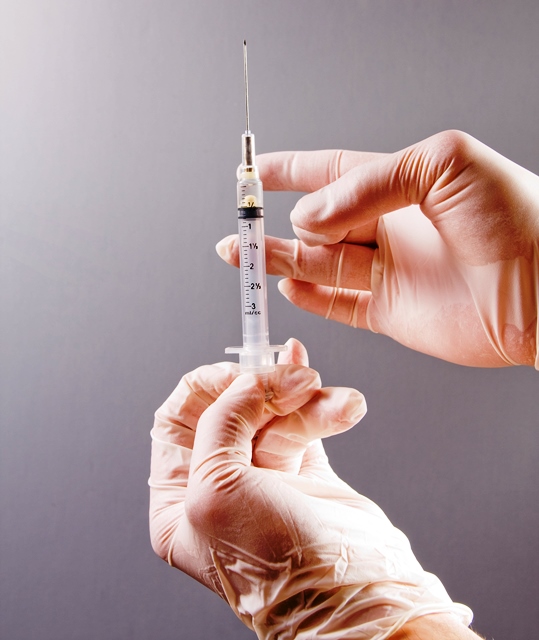Autumn 2023 Vaccine Information
 The 2023-2024 influenza season is fast approaching and this year there are three vaccines to consider: the customary Flu vaccine, the Respiratory Syncytial Virus (RSV) vaccine and the updated COVID-19 booster that addresses the latest XBB variant of Omicron. Your healthcare provider can assist you in making the appropriate vaccine decisions.
The 2023-2024 influenza season is fast approaching and this year there are three vaccines to consider: the customary Flu vaccine, the Respiratory Syncytial Virus (RSV) vaccine and the updated COVID-19 booster that addresses the latest XBB variant of Omicron. Your healthcare provider can assist you in making the appropriate vaccine decisions.
Seasonal Flu Vaccine
The yearly flu vaccine is a straightforward recommendation. People who are 65 and older should receive the high-dose influenza vaccine. New this year: Individuals with egg allergies can receive any influenza vaccine that is egg- or non-egg based that is otherwise appropriate for their age. Typically, seasonal influenza peaks in December and January. Getting vaccinated in September or October will still provide protection even if the flu season arrives in February or March.
Respiratory Syncytial Virus (RSV) Vaccines
Adults 60 and older may receive a single dose of the RSV vaccine using shared clinical decision-making. This means the decision to proceed with an RSV vaccine should be made after discussing your health conditions with your physician and weighing the possibility of acquiring severe RSV against the potential benefit, risk and limitations of the vaccine. RSV is not subject to seasonality like the influenza vaccine and can be administered anytime. Those who might benefit the most from an RSV vaccine are patients with chronic diseases and who are moderately to severely immunosuppressed.
COVID-19 Vaccines
On Sept. 12, 2023, the Advisory Committee of Immunizations Practices (ACIP) approved the following COVID-19 recommendations which have been adopted by the Centers for Disease Control and Prevention (CDC) Director and are now official. The following are the CDC recommendations for the use with the 2023-2024 formulations of the Moderna and Pfizer-BioNTech COVID-19 vaccines:
- Everyone 5 and older is recommended to receive one dose of the updated (2023-2024 formula) mRNA COVID-19 vaccine.
- Bivalent mRNA COVID-19 vaccines are no longer recommended in the United States.
Individuals who have had a recent COVID-19 infection or have received a dose of the current bivalent vaccine should wait at least three months before receiving the updated booster.
This year’s updated flu vaccine, RSV vaccine and the approved Pfizer COVID-19 booster (COMIRNATY) are available now at the Medical Center. Your healthcare provider can discuss vaccine options and timing with you. Currently there are no set guidelines for the timing of administration of multiple vaccines; however, many experts recommend a two-week interval between RSV and COVID-19 vaccines.
Should I still be testing for COVID-19?
The answer is yes. Many people who are infected with COVID-19 have been reporting milder symptoms such as cough, congestion and headache. These symptoms can often seem like a cold or the flu. If have any of these symptoms, it is important to test for COVID-19 to discern appropriate treatment and prevent exposure to others. Do check the expiration dates of at-home COVID-19 test kits. Some of the expiration dates have been extended, and this information is available on the FDA website.
